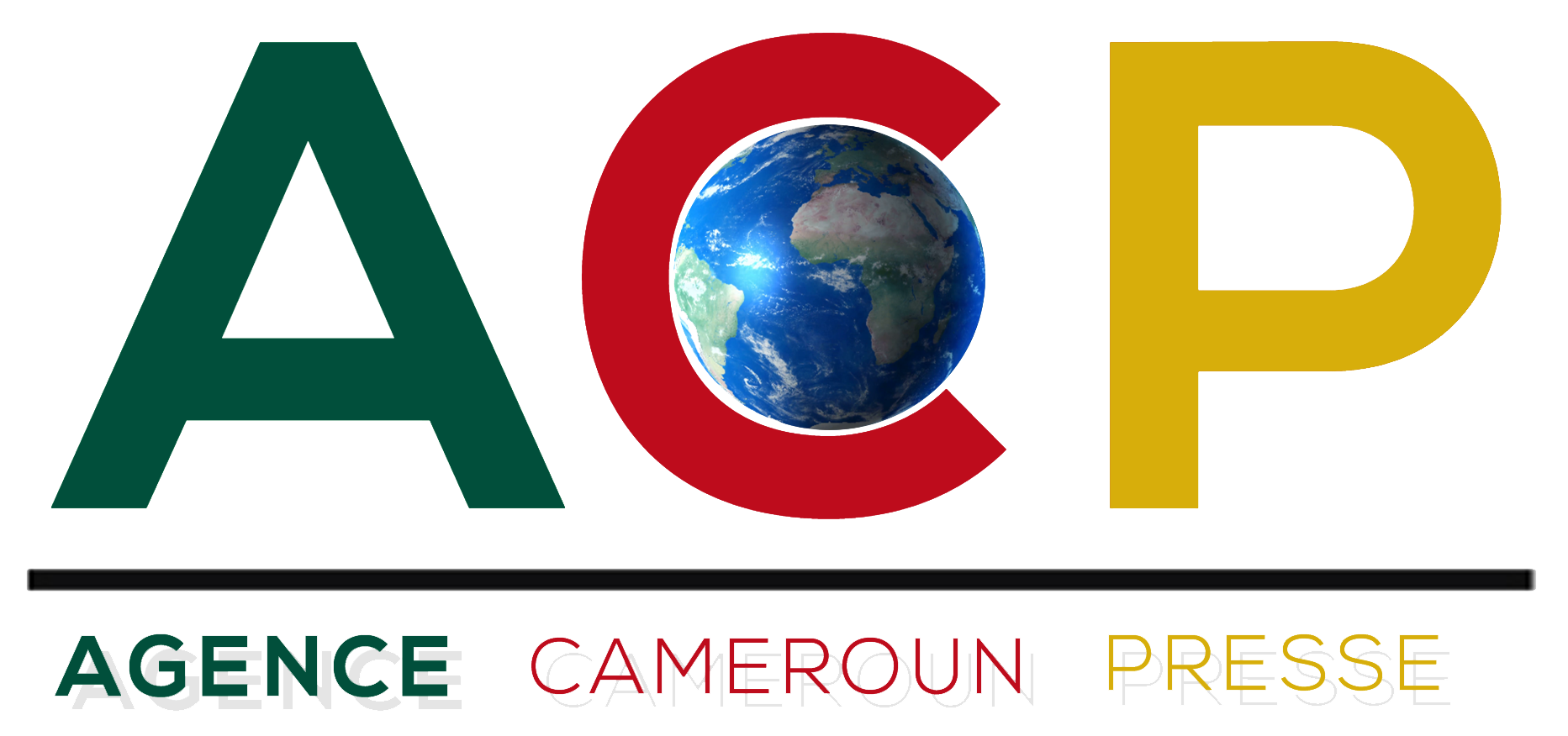Some 8,852 Cameroonians are reported to have been victims of snakebites, 140 among whom died between 2015 to 2020 in Cameroon. The Cameroon Society of Epidemiology, CaSE after conducting a study, revealed the figures to the press last Friday in Yaounde.
Snakebite is considered as a significant cause of death and disability in many parts of the world. In Cameroon, close to 9,000 people-mostly poor and disadvantaged farmers and headers in remote rural areas suffered from it, while 140 among them died from 2015 to 2020.
These figures were disclosed by the Cameroon Society of Epidemiology, CaSE during a press conference organized as part of activities to mark the International Snakebite Awareness Day celebrated yearly on September 19.
According to the association, recent epidemiological studies suggest that the above-mentioned figures grossly underestimate the true burden of the phenomenon in Cameroon.
Officials of the CaSE said out of the 150 species of snakes found in Cameroon, 32 are poisonous, most of which have been recorded in the Far North, South West and South regions of Cameroon.
They added that the treatment of snakebite in Cameroon is very challenging with limited access to safe, effective and affordable anti-venom, poor health seeking-behaviour, lack of appropriate diagnostic and therapeutic infrastructure among others.
As far as access to anti-venoms are concerned, Dr Catherine Mpeck, present at the occasion said they are not produced in Cameroon, reason why access is very limited and available at a high cost. To the average citizen.
According to the another epidemiological experts, the traditional treatment with the use of black stone is grossly ineffective because it can only reduce some of the toxin and not the most dangerous element in the venom.
They called on victims to take note of the type of snake that bites them so that doctors can quickly determine what kind of anti-venom to administer on them for a prompt and effective response that could save a life.
“The International Snakebite Awareness Day is thus an opportunity to raise awareness on the burden of snakebites in Cameroon and advocate for policy changes to improve prevention, treatment and rehabilitation, the association said.
The day was instituted four years ago owing to the growing number of victims of snakebites. At the international level, it is an occasion to remember that snakes bite 7,400 people every day, and that 220–380 men, women and children die as a result. This adds up to around 2.7 million cases of envenoming, and between 81,000 and 138,000 deaths a year, the huge majority being in poor communities in low- and middle-income countries.
It is also an occasion to mark progress – despite the ongoing COVID-19 pandemic – and to recognise the passion and dedication of people working as public health and medical professionals, veterinarians and researchers to mitigate the impact of snakebite envenoming and the disability, loss of income and loss of life and income it can causes.
Ariane Foguem
























